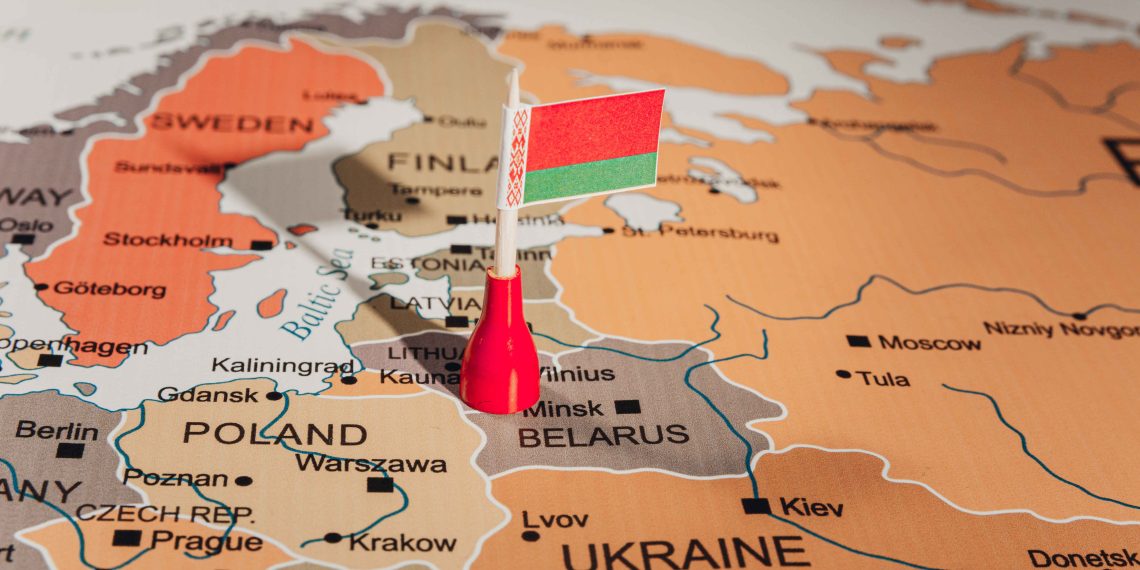Belarus has renewed its push for BRICS membership as President Alyaksandr Lukashenka recently reiterated Minsk’s ambitions at the BRICS summit in Kazan, Russia, held on October 23-24. While Belarus has previously sought closer ties with the group, Lukashenka now aims for full-fledged membership in BRICS, which includes Brazil, Russia, India, China, and South Africa.
Minsk’s dedication to aligning with BRICS contrasts with the stance of Kazakhstan, which recently stepped back from pursuing BRICS membership. Kazakhstan’s reluctance may stem from a cautious foreign policy to avoid straining relations with the West, particularly the United States. This divergence in approach highlights the unique challenges and priorities shaping foreign policy across Eurasian nations. Unlike Kazakhstan, Belarus faces strict Western sanctions, limiting its economic and political flexibility and prompting it to seek alternative alliances.
Belarus’s interest in BRICS is part of a broader strategy to reduce its economic dependence on Russia and mitigate the effects of European Union restrictions. Lukashenka emphasized Belarus’s alignment with BRICS’s values, advocating for a “fairer world order” that respects each nation’s sovereignty in foreign policy and economic choices. He views BRICS as a powerful global counterbalance that could help challenge Western dominance, offering Belarus a new path for diversification beyond Russian reliance.
While BRICS members have not approved Belarus’s immediate membership, the Kazan summit introduced a “BRICS Partner Country” status. Lukashenka anticipates that Belarus will soon achieve this intermediary status, positioning it for eventual full membership. However, he voiced frustration over the slow expansion process, citing the global demand for BRICS integration, with over 30 nations reportedly expressing interest.
Unlike Kazakhstan, Belarus has fewer alternatives for international cooperation due to its political isolation. Its commitment to BRICS reflects a calculated pivot to international organizations open to countries under Western sanctions, seeing BRICS as a viable platform to strengthen its geopolitical standing.





















